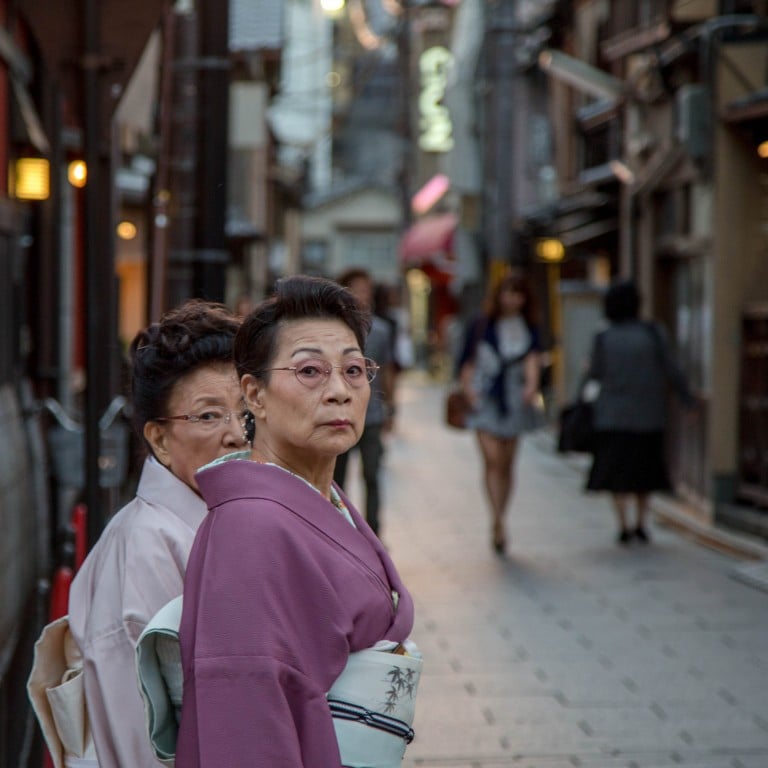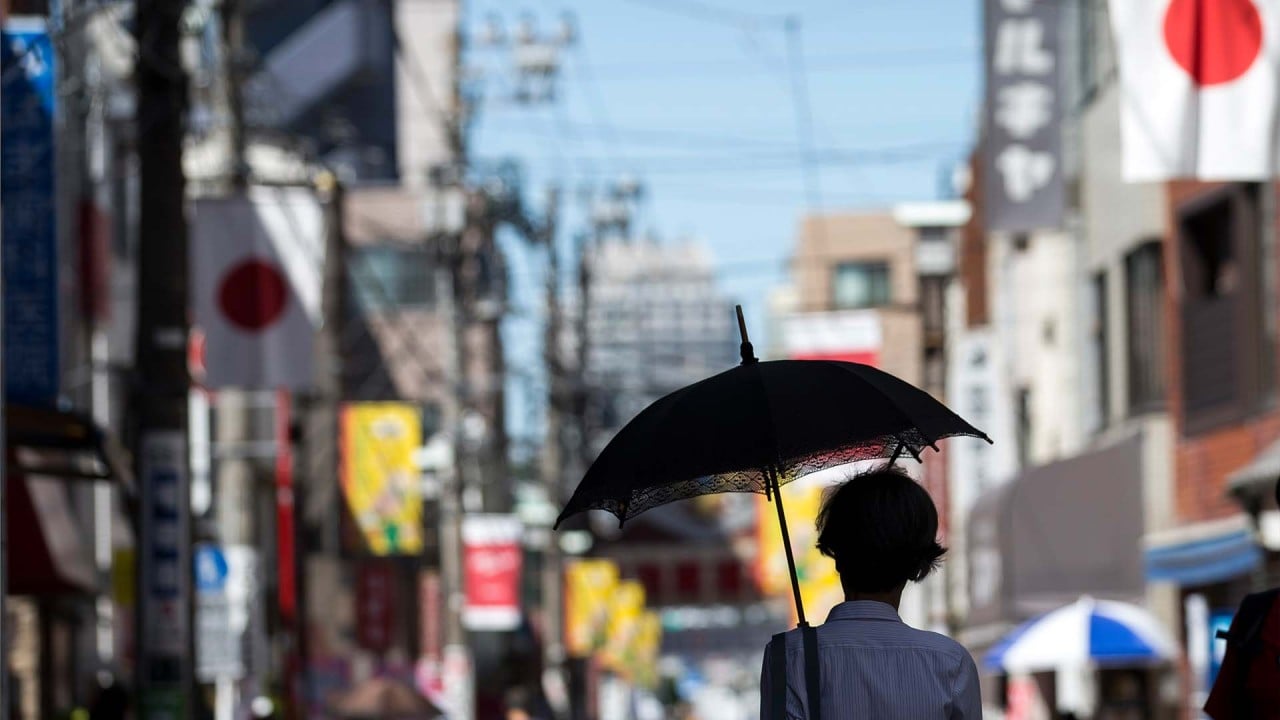
Japan’s population drops most in 9 years, number of over-65s hits record high
- All 47 Japanese prefectures except Okinawa saw their population fall, with Tokyo and its surrounds having fewer people for the first time since 2013
- People aged 65 or older now account for a record 29 per cent of the country’s entire population. Resident foreigners fell 107,202 to 2.7 million
The country’s population came to 125.9 million as of January 1, including resident foreigners, down 726,342 – or 0.57 per cent – from the previous year, according to data released by the internal affairs ministry on Tuesday.
The number of Japanese in Japan decreased by 619,140 to 123.2 million for the 13th straight year of decline, with deaths at an all-time high of around 1.44 million and births at a record low of around 810,000.
Resident foreigners fell 107,202 to 2.7 million, marking a drop for the second consecutive year due to tighter border controls amid the pandemic.
Japan’s growing elder abuse foretells what Singapore, Hong Kong may face
By prefecture, Tokyo saw the largest decrease at 48,592 people, the first drop since 2013 as the capital experienced significant outflow of foreign residents in addition to the decrease in Japanese moving in.
The northeastern prefectures of Akita, Aomori and Yamagata saw the highest rates of decrease at 1.52 per cent, 1.35 per cent and 1.25 per cent, respectively.
Okinawa was the only prefecture to see positive population growth of 186 people because of its relatively high birth rate.
People aged 65 or older accounted for a record 29 per cent of the entire population, up 0.27 percentage point from a year earlier, and the highest since figures were first collected in 1994.
‘Not a devious villain’: black men in Japan speak out about racial profiling
The ratio of people aged between 15 and 64, regarded as the working population, accounted for 58.99 per cent, down 0.1 point and the lowest on record.


